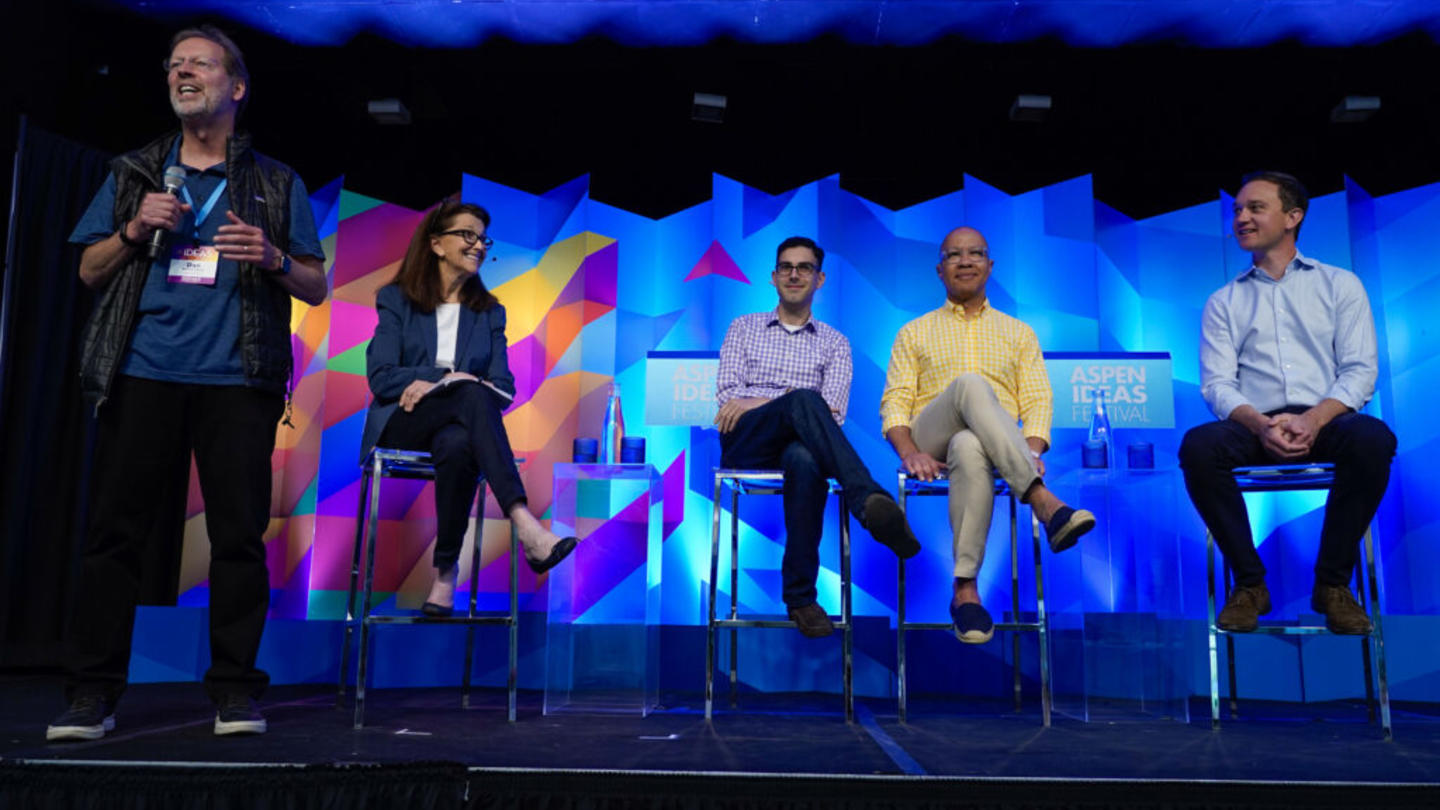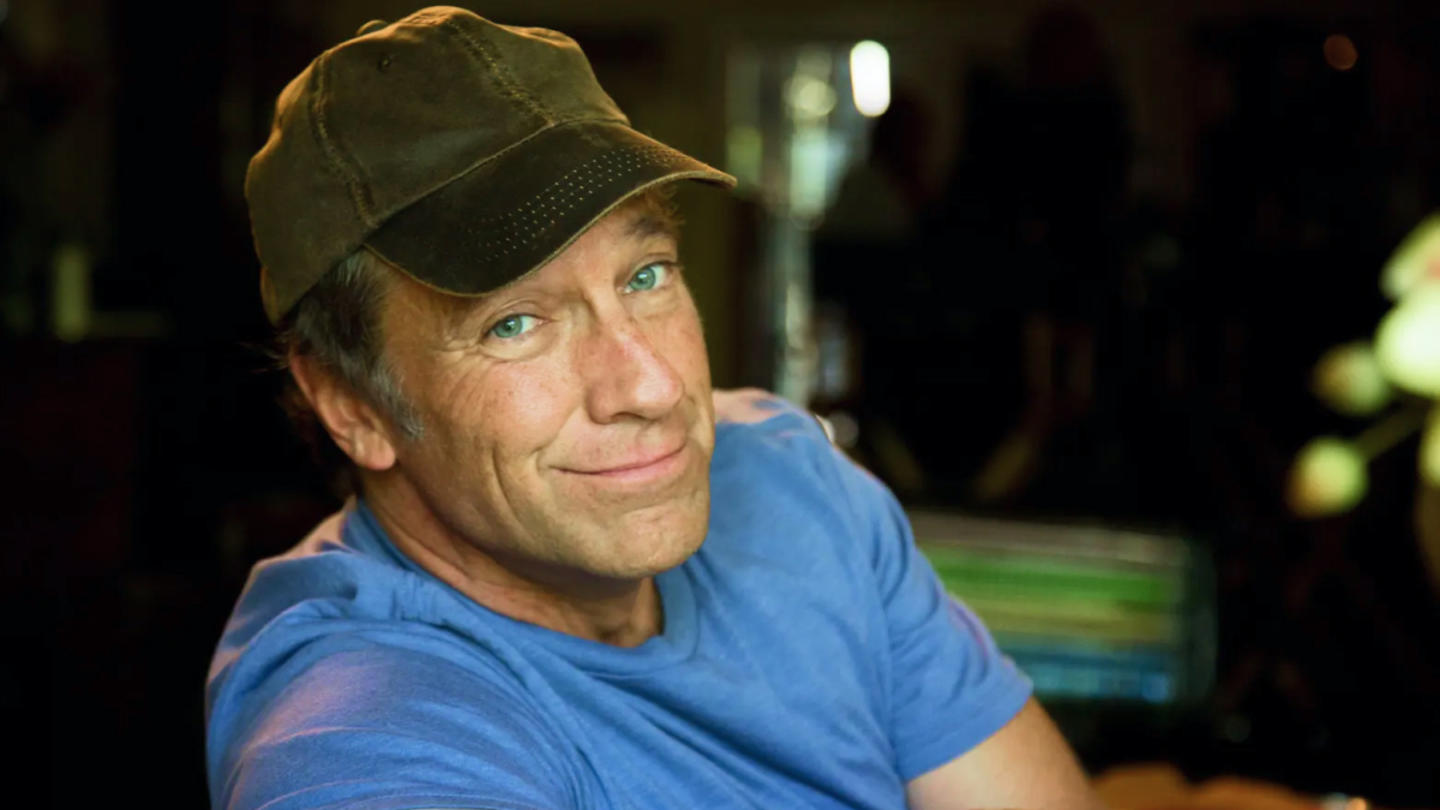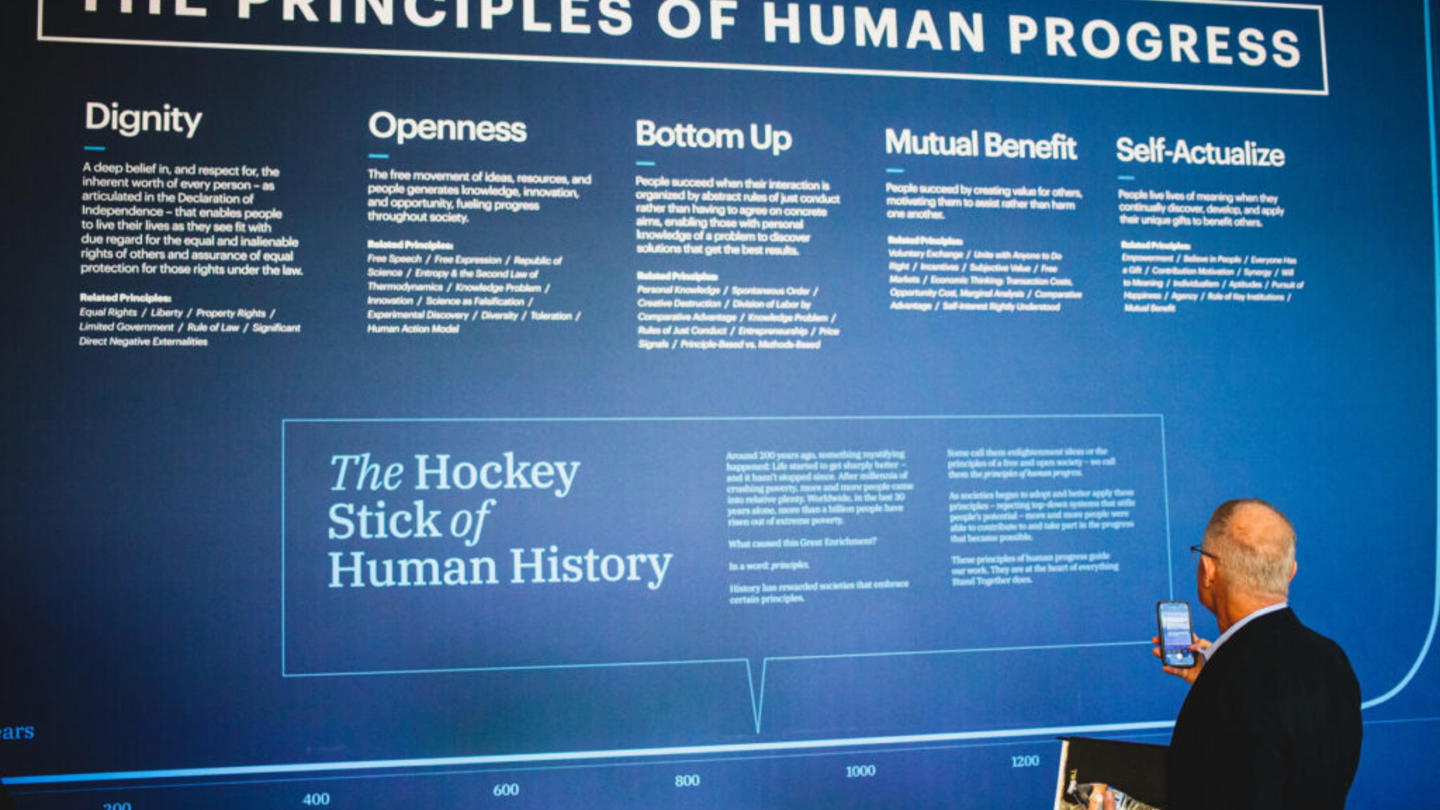What is pluralism, why is it essential to human progress, and what's possible when it's applied in philanthropy?
In a panel discussion at the 2023 Aspen Ideas Festival, Darren Walker, president of the Ford Foundation, Sam Gill, CEO of the Doris Duke Foundation, and Brian Hooks, chairman and CEO of Stand Together, discussed what pluralism means and how it applies to democracy. The panel was opened by Dan Porterfield, president of the Aspen Institute, and moderated by Jane Wales, vice president of the Aspen Institute and executive director of its Program on Philanthropy and Social Innovation.
While the panelists represent organizations that do not agree on the solutions to many key issues, they agree on the importance of pluralism and respect.
"If we cannot have inquiry without attributing ill will to the person asking the question or the person making a comment that may be ill-informed, it is hard to have a public square," said Walker. "Then the people who are asking questions leave the public square because the risk of engaging is too high. So we leave the public square to the toxifiers, because the toxifiers want to own the square. If they can own the square and push us out, then they decide our future. And I think that's happening in our society."
What is pluralism?
At the beginning of the conversation, Hooks defined pluralism. "[A]t the most basic level, [pluralism is] a set of principles and practices that enable diverse people to live well together," said Hooks. "We can recognize a core set of principles, principles like dignity, the notion that every person — no matter who they are, where they come from, what they look like, what their parents did — has inherent dignity. And that dignity requires respect. When we organize societies around principles like that, we get a pluralistic society."
Hooks also defined what pluralism is not:
"It is not saying we all have to agree. It is not saying we should leave our strongly held convictions at the door. It's not saying there's some moral relativism that we ought to give injustice a pass. It's not saying we should be any less of an advocate for the ideas that we care about. It is saying we ought to respect other people's rights and abilities to do all of those things as well."
Intellectual humility is at the heart of pluralism, the panelists agreed, and the recognition that there may be a better way of living or doing things is essential to human progress. Gill argued philanthropic pluralism is necessary because private foundations drive "new ideas, new approaches, new ways of thinking and doing things." Walker said throughout U.S. history, philanthropic organizations have strengthened democracy because of their commitment to working together despite their differences.
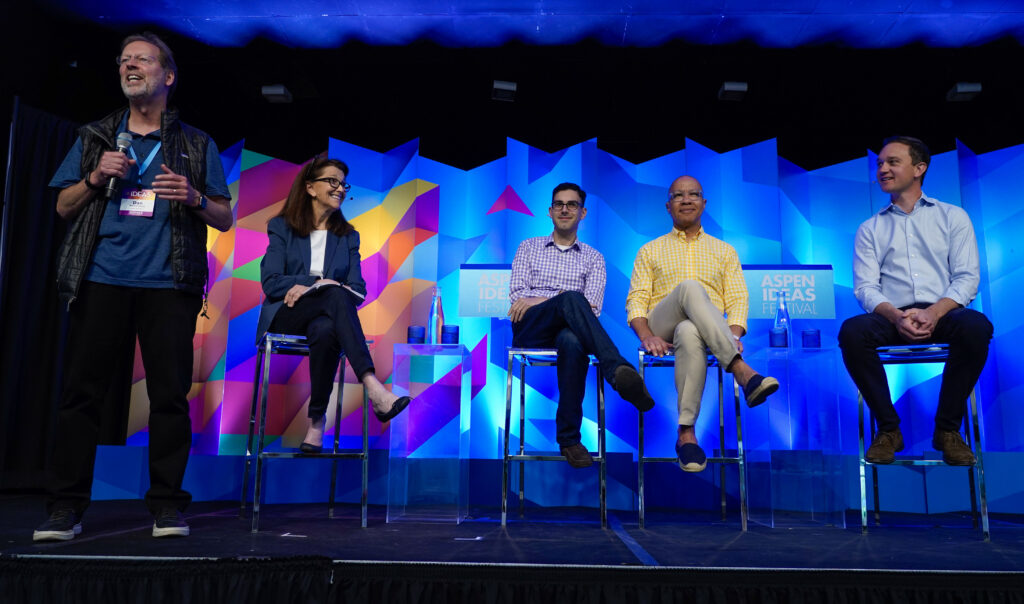
Why must private foundations recommit to pluralism?
Pluralism has not always been present in human society. "[W]e do tend to take that idea for granted, that diverse people can live well together," noted Hooks. For most of human history, the way that societies dealt with those who were different from them or who they disagreed with was to conquer them or to be conquered by them."
Human well-being advanced rapidly once the classical liberal concept of pluralism took hold.
And that is why the stakes are so high today.
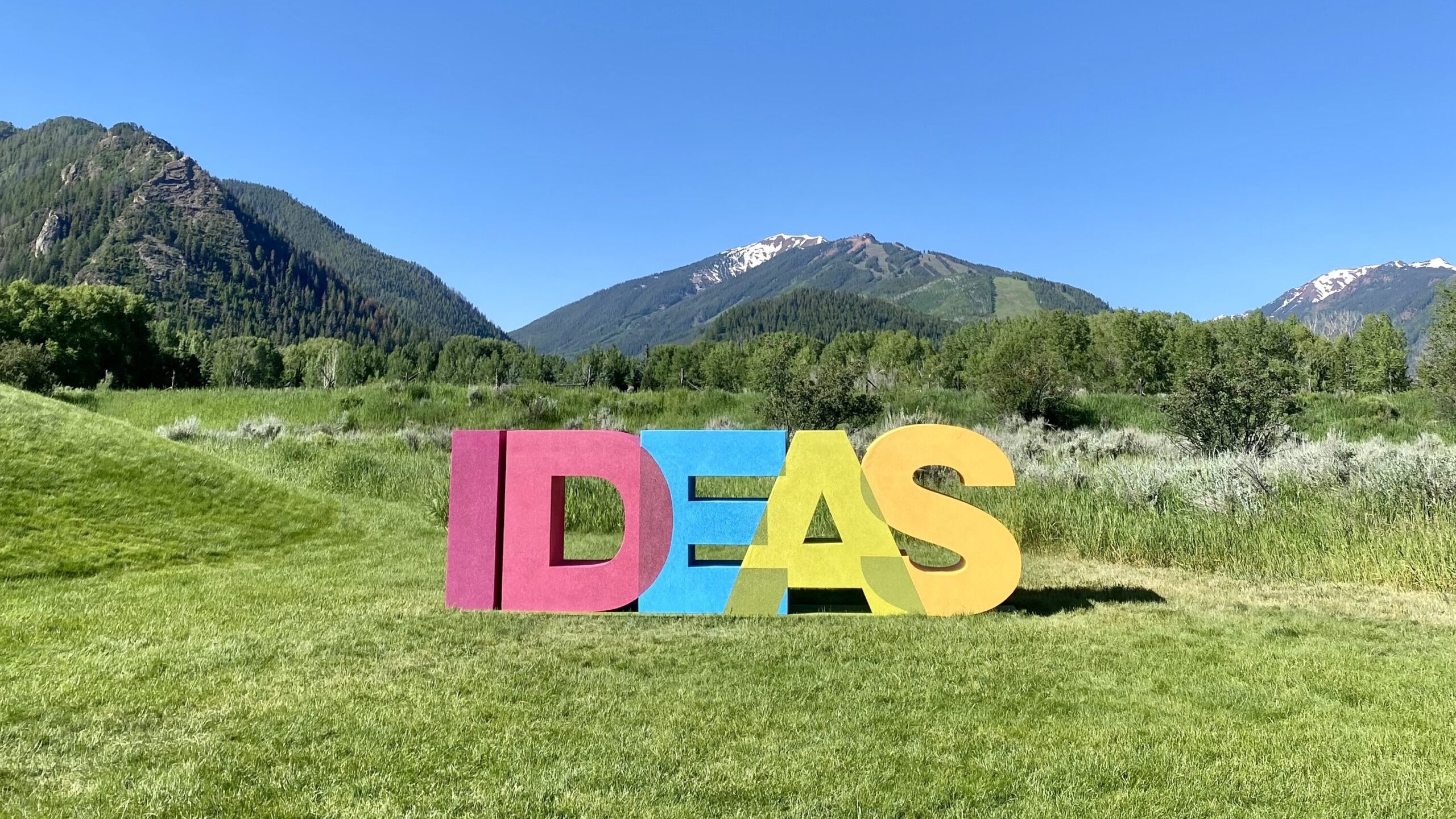
Coming together to advance philanthropic pluralism
The Aspen Ideas Festival panel grew out of an open letter Hooks, Walker, and Gill published with John Templeton Foundation President and CEO Heather Templeton Dill, Council on Foundations President and CEO Kathleen Enright, and former Philanthropy Roundtable President and CEO Elise Westhoff in The Chronicle of Philanthropy. They explored the importance of people working with others of different backgrounds and different beliefs to solve problems. These principles are already playing out on the ground in communities across the country. They're put into practice by leaders tackling challenges ranging from addressing America's toxic polarization to protecting equal rights. Examples include:
- Narrative 4, which uses storytelling to build empathy and bridge the divides that separate people from different backgrounds and beliefs.
- The Foundation for Individual Rights & Expression (FIRE), which fights to protect free speech and First Amendment rights for all Americans.
- Breaking Barriers United, which is working to repair trust between law enforcement and the communities they police.
- Belonging Begins With Us, which fosters a more welcoming nation where everyone – regardless of their background – can belong.
***
